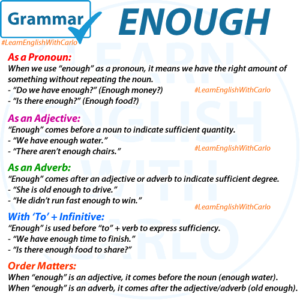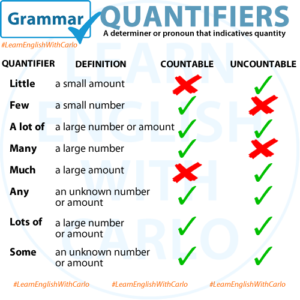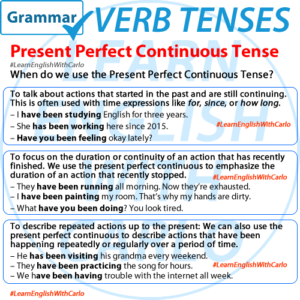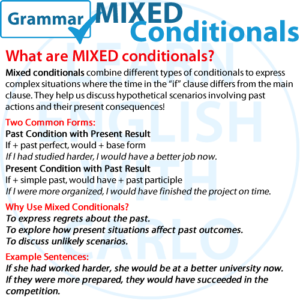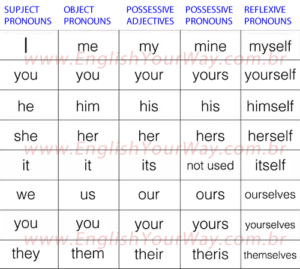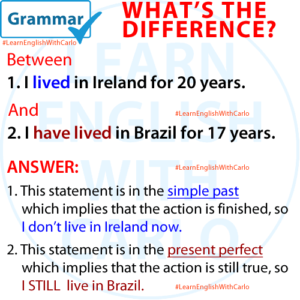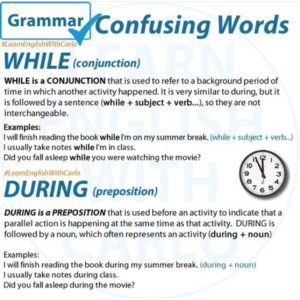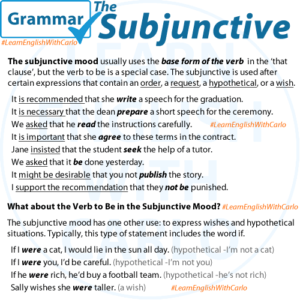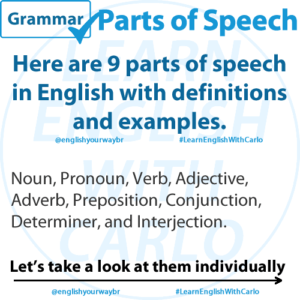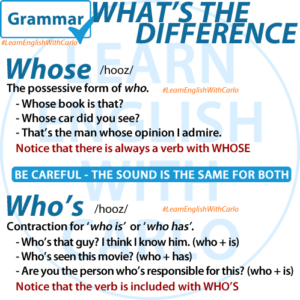What Does “Enough” Mean? “Enough” means having as much or as many as needed. It’s not too little, not too much, but just right! How to Use “Enough”: Key Points to Remember: Practice Time! 📝 Try using “enough” in different ways: Keep practicing, and you’ll master “enough” in no time! 🌟
Category: GRAMMAR
Permanent link to this article: https://englishyourway.com.br/grammar-enough/
Jul 13
Countable vs. Uncountable Quantifiers
Countable or Uncountable? We use different quantifiers in English depending on whether the noun is countable (things we can count like apples 🍏) or uncountable (things we can’t count like water 💧). Here’s a quick guide to help you out: 🔹 For Countable Nouns: 🔹 For Uncountable Nouns: 🔹 For Both: Remember, countable nouns are …
Permanent link to this article: https://englishyourway.com.br/countable-or-uncountable-quantifiers/
Jul 12
Present Perfect vs. Present Perfect Continuous
The Present Perfect and Present Perfect Continuous tenses can sometimes be used interchangeably, but they often emphasize different aspects of an action. Here’s a breakdown of when they are the same and when they are different: When the Present Perfect and Present Perfect Continuous Are the Same: Both tenses can be used to talk about …
Permanent link to this article: https://englishyourway.com.br/present-perfect-vs-present-perfect-continuous/
Jul 09
Conditionals – MIXED Conditionals
Understanding Mixed Conditionals Mixed Conditionals are a combination of two different types of conditionals, typically mixing the second and third conditionals. They are used to express situations where the time in the “if” clause is different from the time in the main clause. This allows for a more nuanced expression of hypothetical situations that may …
Permanent link to this article: https://englishyourway.com.br/conditionals-mixed-conditionals/
Jul 08
Personal Pronouns & Adjectives
1. Subject Pronouns: Subject pronouns are used when the pronoun is the subject of the sentence, meaning it performs the action of the verb. They replace nouns as the doers of the action. Here are the subject pronouns in English: For example: 2. Possessive Adjectives: Possessive adjectives show ownership or possession. They come before a …
Permanent link to this article: https://englishyourway.com.br/pronouns/
Jun 27
Simple Past and Present Perfect
What’s the difference between these two sentences:1. I lived in Ireland for 20 years.2. I have lived in Brazil for 17 years. ANSWER:1. This statement is in the simple past which implies that the action is finished,so…I don’t live in Ireland now. 2. This statement is in the present perfect which implies that the action …
Permanent link to this article: https://englishyourway.com.br/simple-past-and-present-perfect/
Jun 23
The Difference Between “WHILE” & “DURING”
As an English learner, you may have noticed that both “while” and “during” are used to talk about time. However, they are used differently in sentences, and understanding how to use them correctly can make your English more accurate and natural. Let’s break down the key differences between these two words. 1. “WHILE” Usage:“While” is …
Permanent link to this article: https://englishyourway.com.br/difference-between-while-and-during-esl/
Jun 21
GRAMMAR – Subjunctive
The subjunctive mood in English is used to express wishes, suggestions, demands, or hypothetical situations. It often appears after certain verbs (like “suggest” or “recommend”) and is characterized by using the base form of the verb, even with singular subjects (e.g., “I suggest that he go“). It can also express unreal or hypothetical situations, particularly …
Permanent link to this article: https://englishyourway.com.br/grammar-subjunctive/
Jun 04
Parts of Speech
Here are 9 parts of speech in English with definitions and examples. NOUN A noun is a word used to identify a person, place, thing, or idea. Nouns are the basic building blocks of sentences and are essential for communication in any language. Examples of nouns include “dog,” “car,” “teacher,” “city,” and “happiness.” Nouns can …
Permanent link to this article: https://englishyourway.com.br/partsofspeech/
Jun 01
WHOSE vs. WHO’S: What’s the Difference?
The words WHOSE and WHO’S may sound the same when spoken (both pronounced /ho͞oz/), but they have very different meanings and uses in English. Learning to use them correctly will help you avoid common mistakes in writing and speaking. WHOSE: Possessive Pronoun WHOSE is a possessive pronoun used to ask or talk about ownership or …
Permanent link to this article: https://englishyourway.com.br/whats-the-difference-between-whose-and-whos/

